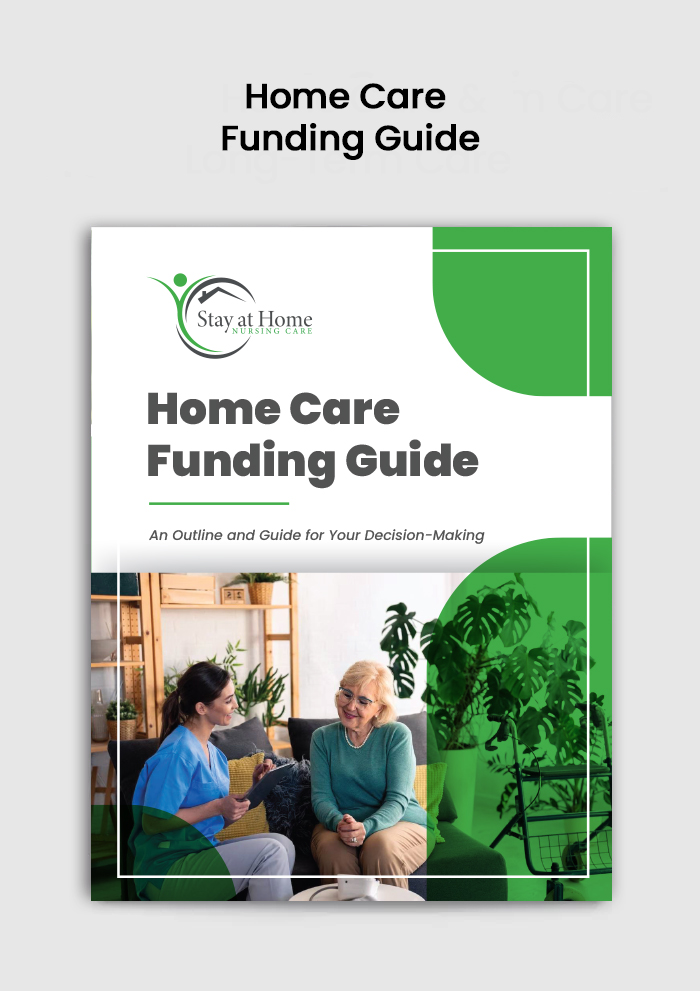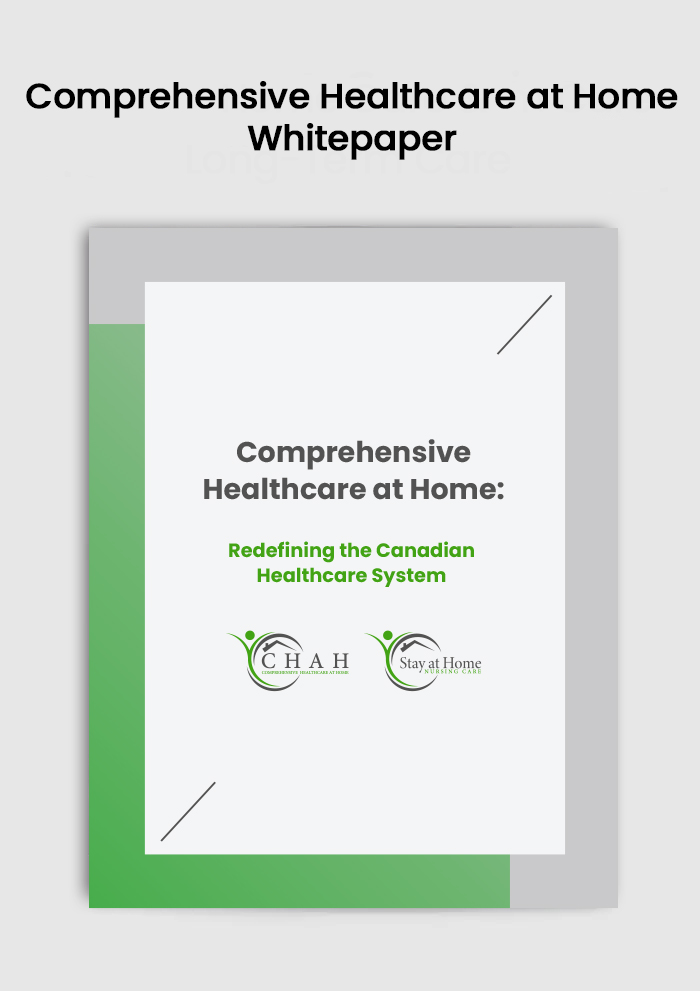Caring for a loved one at home is often a 24/7 commitment. It can be challenging to do while also maintaining home and household. Things that were previously easy to accomplish can become difficult; things that were difficult may seem near impossible. Caregiving is a deep commitment and labour of love, but can be personally exhausting, especially over time.
It is important to remember that taking a break is critical for your own mental health and well-being and has a significant impact on the quality of care that you provide.
“If you get tired, learn to rest, not to quit.”
There is even a growing body of research and analysis around this. Research clearly demonstrates that when a primary caregiver receives respite in the form of regularly scheduled restorative breaks from caregiving duties, health outcomes for both themselves and their loved ones improve. *
So it’s okay to reach out for additional help. In fact, it will likely improve the overall quality of your care and the experience for your loved one.
These are some things to consider when pursuing pathways for additional home support (or click here to find out more.)
What is Caregiver Respite?
Respite care is a service that offers temporary relief to caregivers, allowing them to step away from their responsibilities for a short period. This can be for a few hours, a day, a weekend, or even longer, depending on the needs of the caregiver and the person receiving care.
Why is respite care important?
Caregiver well-being: Caring for a loved one can be emotionally and physically demanding. Respite care provides caregivers with a much-needed break to rest, recharge, and attend to their own needs.
Preventing burnout: Caregiver burnout is a serious issue. Respite care can help prevent burnout by giving caregivers time to de-stress and avoid exhaustion.
Maintaining relationships: Being increasingly isolated can become a major issue for the caregiver. Respite care allows caregivers to maintain other relationships, attend to personal commitments, and pursue hobbies, which can be challenging when constantly providing care.
Improved care quality: When caregivers are well-rested and less stressed, they are better equipped to provide high-quality care.
Variety for the care recipient: Respite care can also benefit the person receiving care by providing a change of routine, social interaction, and opportunities for new activities.
Travel and In-home Respite: A caregiver comes to the home to provide care, allowing the primary caregiver to leave for a period of time. This is often part of maintaining family and social connections, which are critical for the caregiver’s mental state and strength.
So consider taking a break from caregiving to improve overall quality of care…It’s as much for your loved one as it is for you.
“Loving yourself isn’t vanity. It’s sanity.”
* National Academy for State Health: http://bit.ly/3IhMExR
“Research trials have found that when older adults’ caregivers receive supports that include respite, caregiver outcomes improve, older adults’ nursing home placement is delayed, and there is a decrease in hospital readmissions and emergency room expenditures.”
Watch a short videoon Why Homecare Matters or share it with family:
Also, have look or share this video on Medical Recovery and Support at Home:







